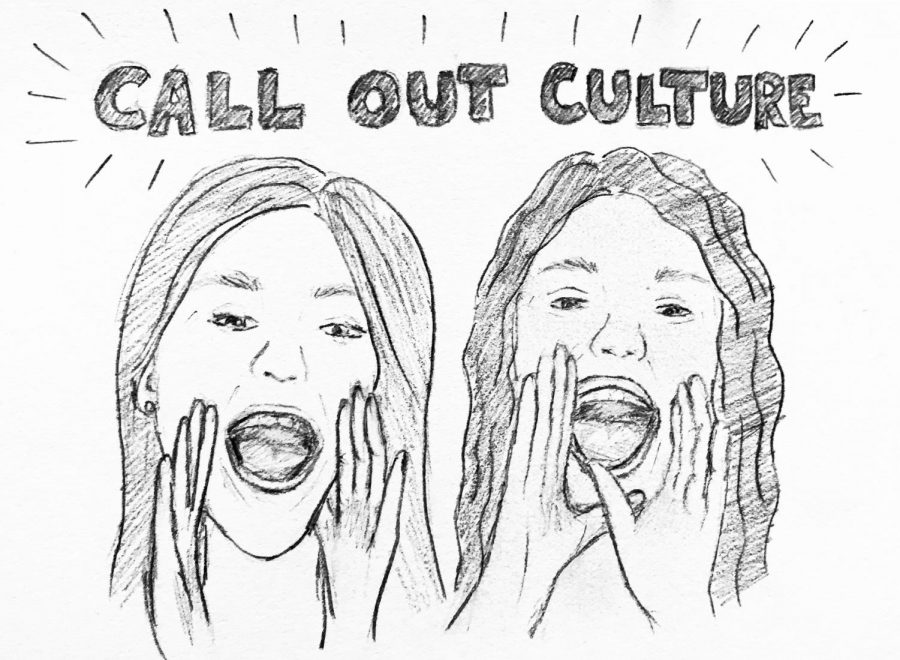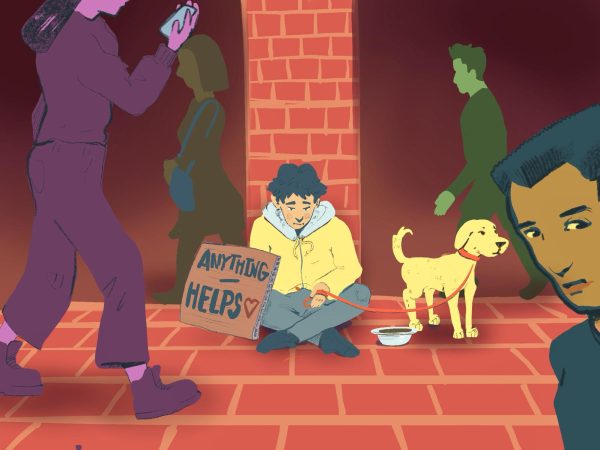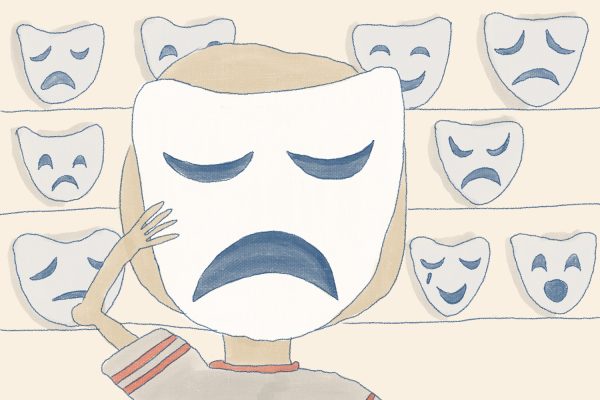Dialogues come from openness, not anger
September 27, 2018
It’s a typical day during a typical week. Someone opens Twitter and does what many have done before: sends an offensive tweet.
Everyone’s seen it while mindlessly scrolling through various social media apps. A post that triggers an alarm inside, blaring “this is not right.”
For many, this voice overtakes them and they comment back harshly. They call-out the person for their wrongdoings and even sometimes go so far as to “cancel” them, the younger generation’s version of blacklisting.
While pointing out a problem with what they said feels like the right thing to do, insulting them only further drives them away from realizing their mistake.
When it comes to dealing with someone you disagree with online, you should start a dialogue with them instead of immediately shutting them down.
Fifty-nine percent of people found discussing politics online with people they disagree with to be stressful and frustrating, according to a 2016 Pew Research Center poll.
If more people work toward open dialogue rather than immediately shutting down the opposing party, discussion wouldn’t be as stressful and frustrating.
I know it’s tiring to have to explain basic concepts, but if energy is already being spent to comment, there is no reason not to try and change their mind.
The time it took to type “you’re canceled,” a common phrase among Twitter users, could be used to explain the basics of a situation. Once educated in a respectful manner, a debate partner may change their mind.
Martin Buber, a famous philosopher most known for his work about dialogues, wrote in his book “I and Thou” that dialogue is openness to the opinions of others. It is working to understand a side which one may disagree with.
It is this openness, this respect, that creates change.
Only by giving a chance to learn can people correct their mistakes.
The Pew Research Center states that people overall agree that virtual political discussions are angrier, less respectful and less civil than those in other areas of life.
If society can apply the same energy they do for discussions in real life to those online, people will begin to listen.
Callout culture doesn’t defeat political polarity. If anything, it leads to further polarization.
In order to create a world in which people can work together to solve issues, we must use dialogue.

















![Can’t buy me [self] love](https://vtcynic.com/wp-content/uploads/2024/04/self-care-FINAL-600x398.jpg)
